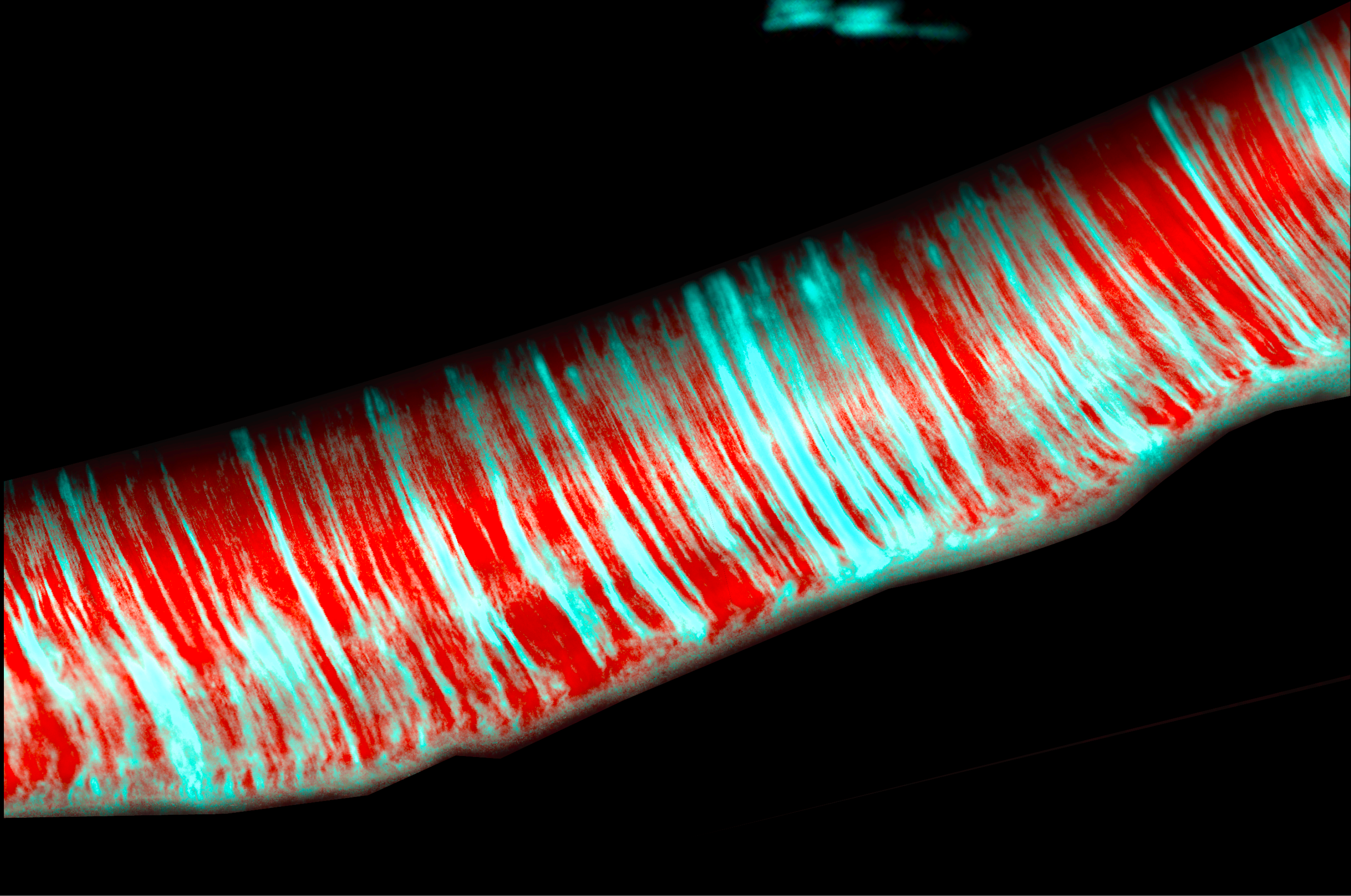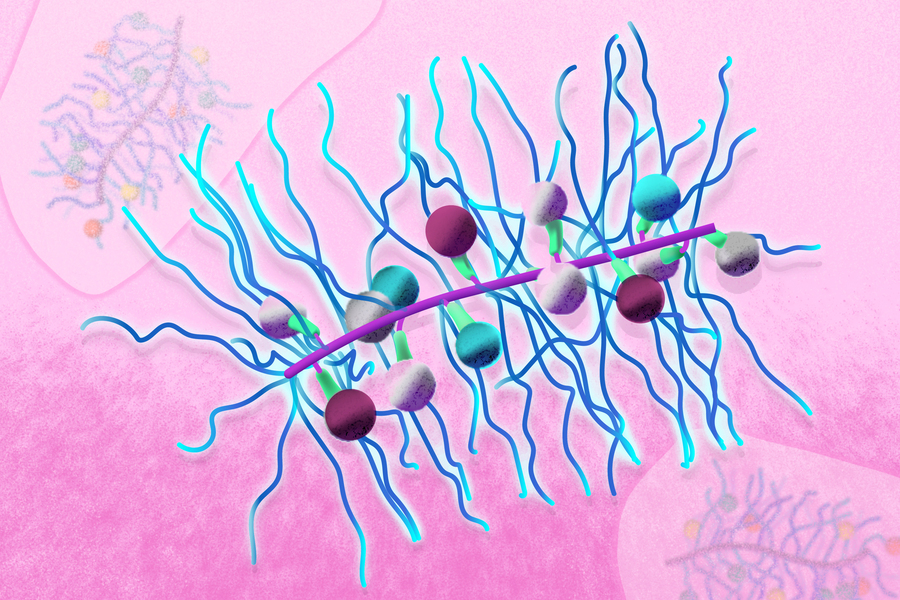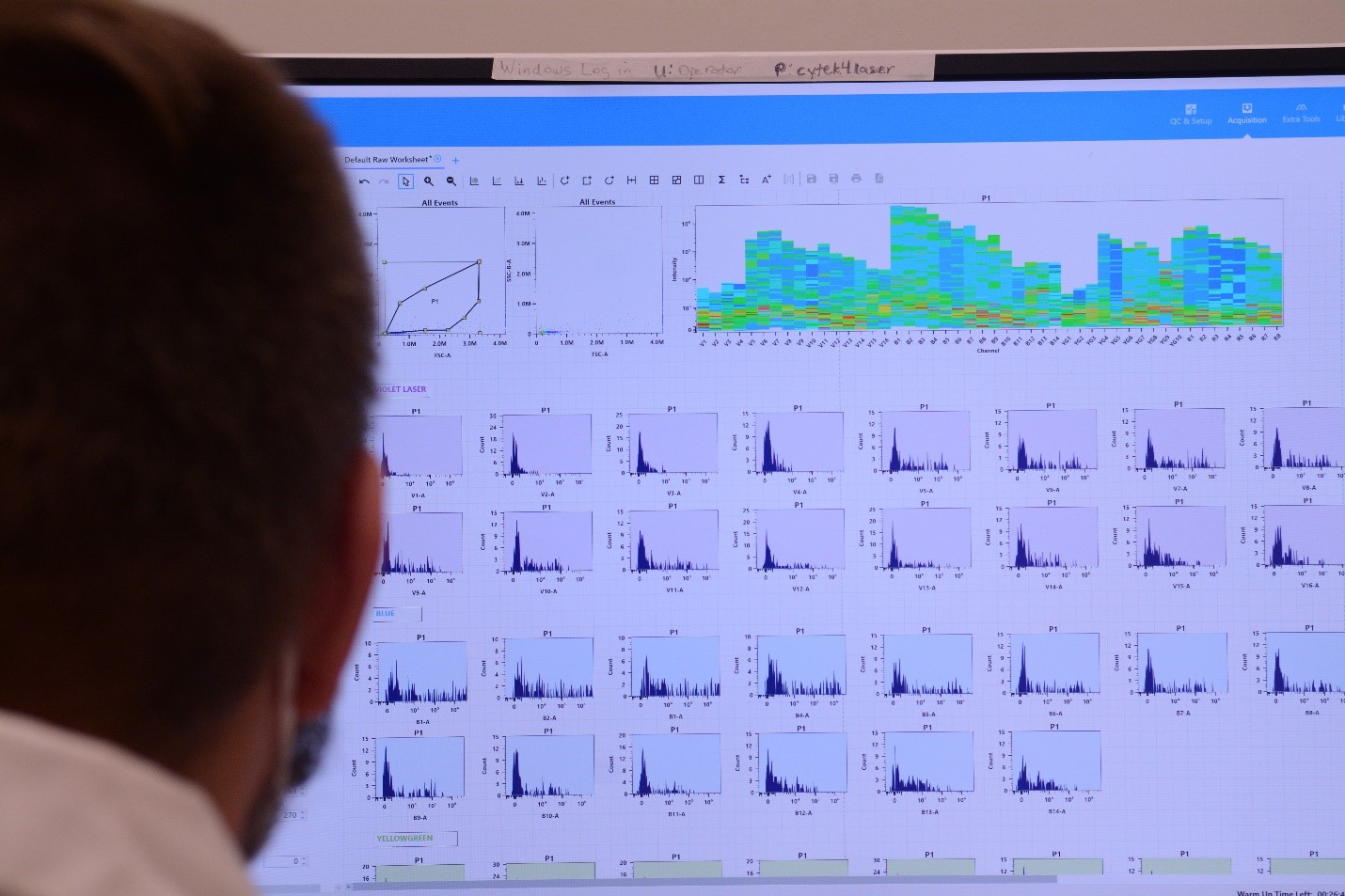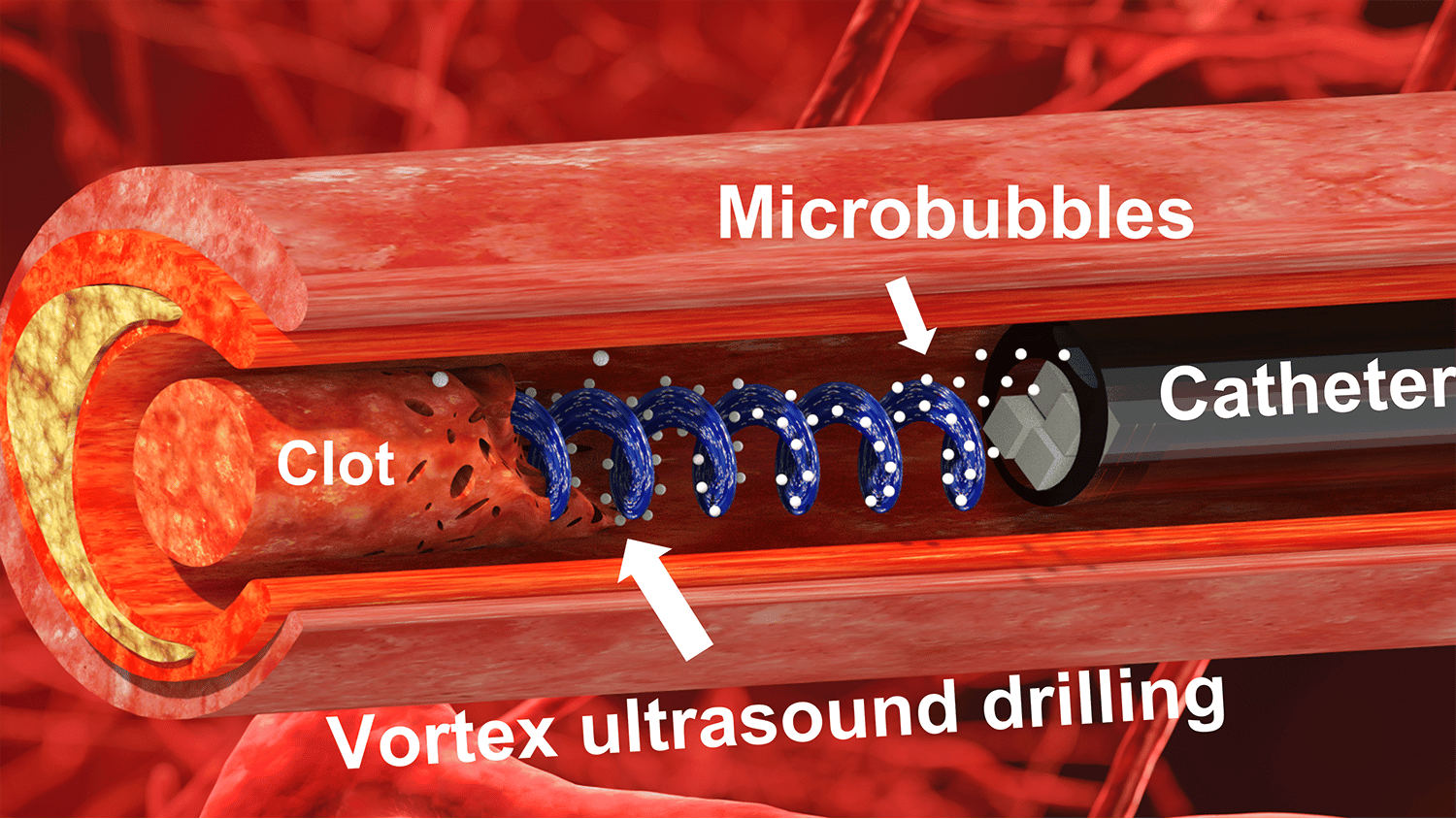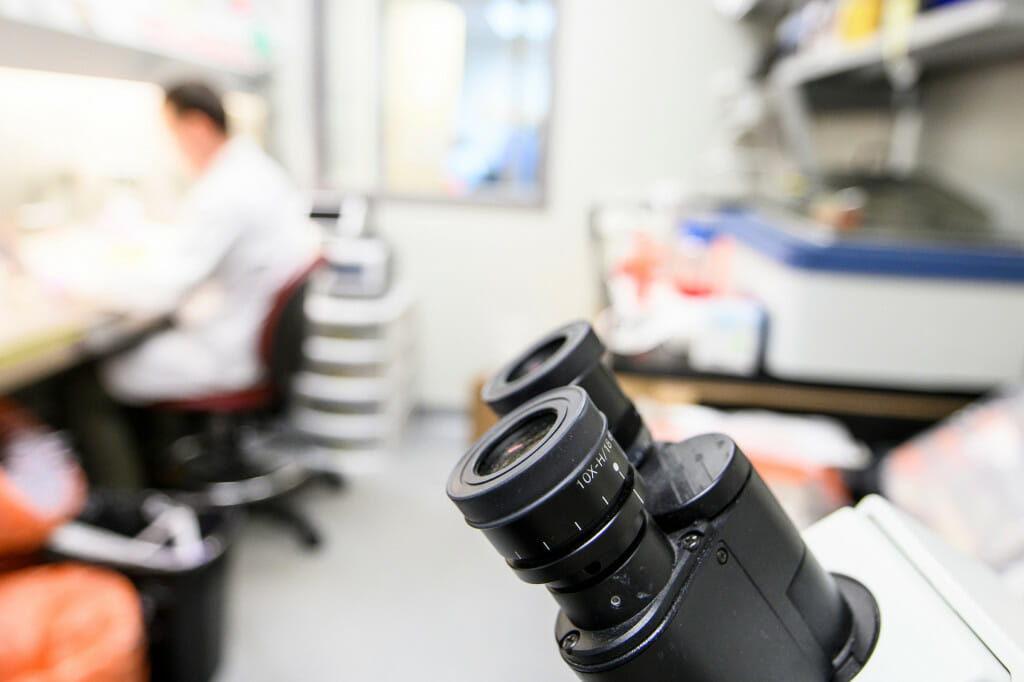Science and Health News
Popular Tags
research
medical and health
science
cancer
health
Hi-Tech
DNA
medicine
aging
Industry
stem cells
brain
genomics
COVID-19
Alzheimer's disease
diabetes
heart
Illness
Parkinson’s disease
dementia
study
HIV
vaccine
longevity
hiv
blood
RNA
Immunology
medical technology
CRISPR
infection
cells
Alzheimer
3D printing
parkinson
obesity
genome
FDA
biology
genetics
artificial intelligence
transplant
biotechnology
bioprinting
coronavirus
transplantation
Alzheimer’s disease
Zika virus
bioengineering
cancer cells


